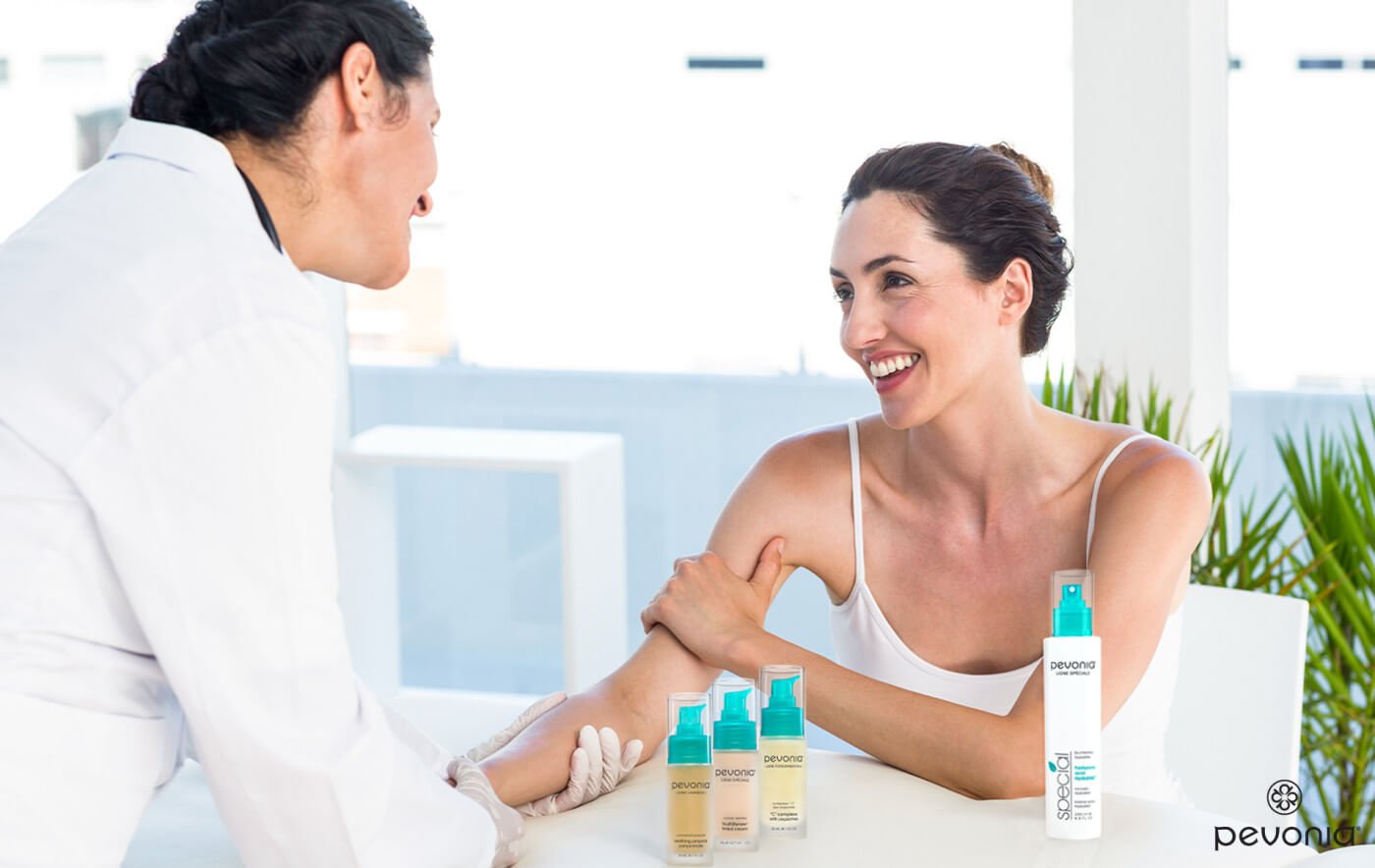
Ask The Doctor
Q: What are the most common mistakes people make when caring for their skin?
A: "The most common skincare mistake is not caring for their skin properly. From not dedicating enough (or any) time to their skincare routine to using low-quality, inadequate products for their skin type, people do not address the basic needs of their skin. Unfortunately, in some cases, this ends up causing unintentional damage to the skin. For example, most people do not wear sunscreen or wear generic and dubious formulations.
So, when exposed to the sun unprotected, the skin easily hyperpigments and quickly starts developing lines and wrinkles that become accentuated over time. At the other end of the spectrum, over-exfoliation causes skin damage that makes the top epidermal barrier thin out, leading to chronic skin irritation, long-term sensitivity, and a tendency to react to products applied afterward. Moreover, some cosmetic products are not ideal for certain skin types and contain ingredients that are not suitable for everyone. Therefore, a visit to a skincare specialist is recommended to get skin properly analyzed and have a personalized care regimen devised to correct these mistakes and achieve optimal results."
Q: What’s the difference between prescription Tretinoin and Retinol?
A: "While both Tretinoin and Retinol are used for rejuvenation, the major difference is the chemical structure of Vitamin A. Tretinoin is an acid form of Vitamin A, whereas Retinol converts to retinoic acid upon application. More potent and faster acting than Retinol, Tretinoin can exfoliate, smooth, and even the skin without much effort. Yet, the speedy results of Tretinoin come at a price. It can irritate, dry, and sensitize the skin and cause some concerning issues to some individuals. Given all that, Tretinoin requires monitoring and careful instructions for use, hence the reason for the prescription.
In contrast, Retinol is touted as the safest form of Vitamin A for a reason. It is milder, much more skin-friendly, less irritating and drying, as the skin can easily utilize it for renewal. The rejuvenation effect is progressive, meaning it may take longer to appear, but with patience, consistency, and high-quality formulations, Retinol is a must for great results. Our uniquely formulated Micro-Retinol line offers a complete skincare ritual for Retinol lovers."
Q: How do I know if I have rosacea or just sensitive skin?
A: "Both conditions may appear similar in terms of the skin’s reactivity, redness, and discomfort, but the origin and features of rosacea vs. sensitive skin are different. While the exact cause of rosacea has not been found yet, multiple factors are involved. Rosacea commonly shows visibly dilated small blood vessels or capillaries on the mid and center face, with the sensation of heat and the appearance of/visible redness or erythema.
Rosacea also tends to manifest in flushing and blushing bouts related to specific triggers, like drinking hot beverages, hot and spicy foods, sun and heat, etc. Over time if not cared for, it can evolve and progress affecting other areas of the face and body. Sensitive skin is more of a condition involving impaired skin barrier function and an exaggerated response of certain epidermal skin receptors to practically any substance or situation. Rosacea is usually treated by doctors and often requires antibiotic treatment, while sensitive skin does not. To find out if someone has rosacea, it is important to see a dermatologist for an accurate diagnosis. For ideal skincare options for those dealing with rosacea and sensitive skin, check out our RS2 and sensitive skin line."
